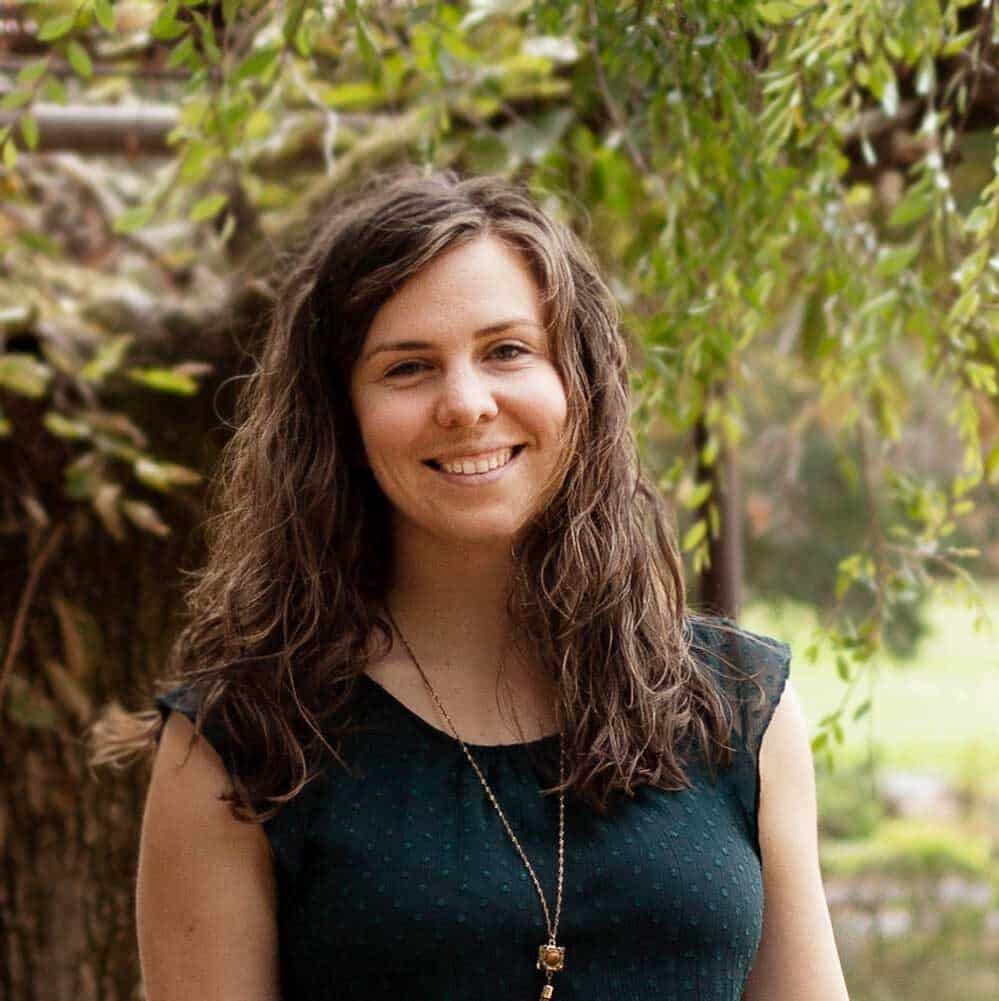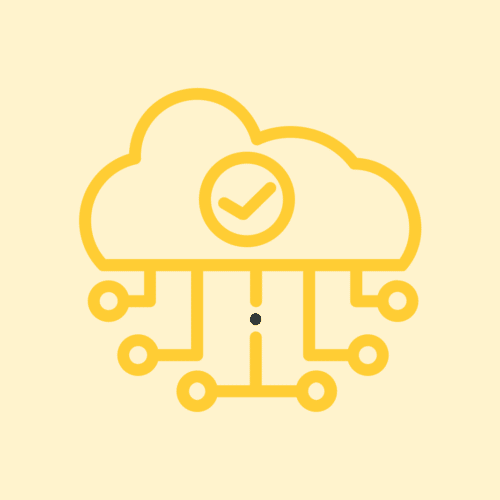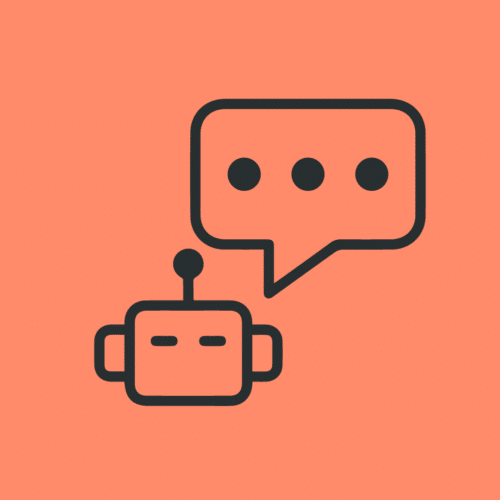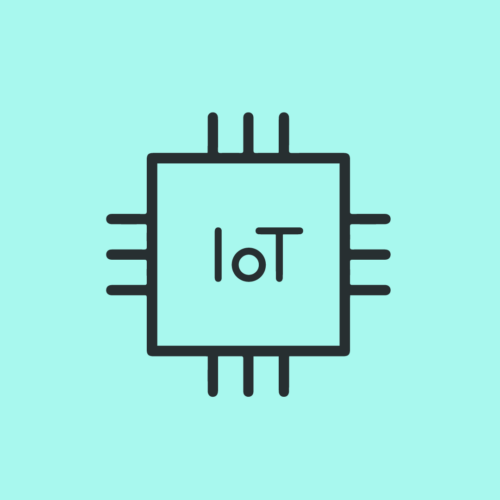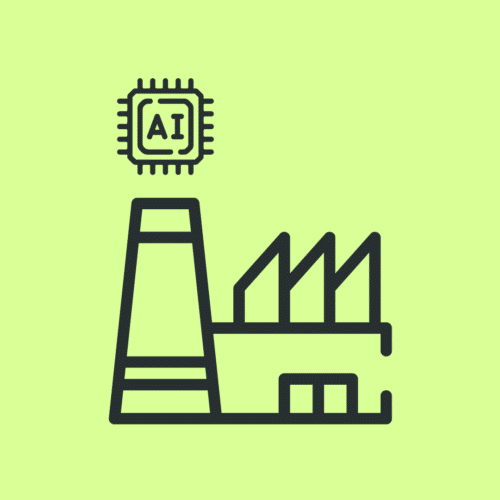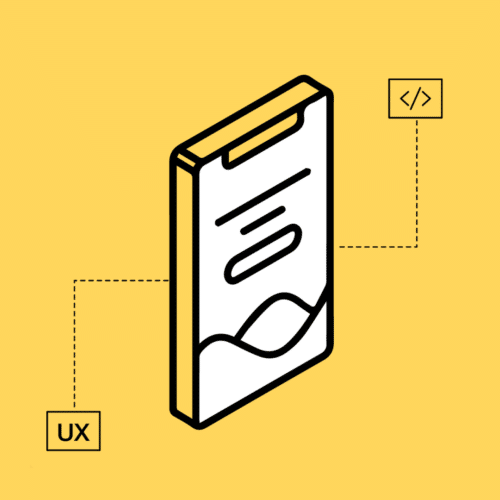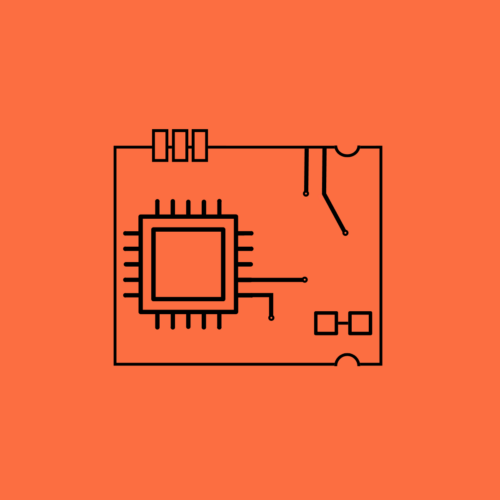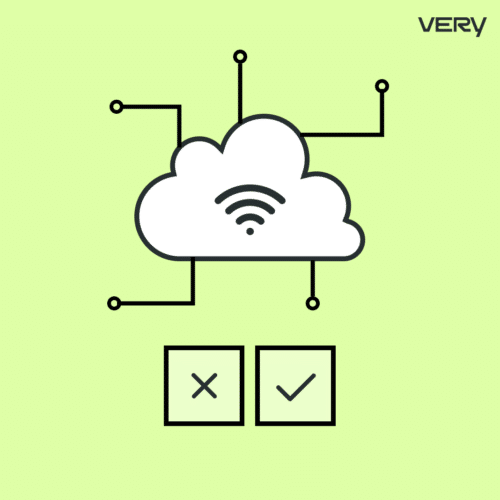BLOG
Why I Joined Very: Jenn Gamble, Ph.D. & Data Science Practice Lead
Very’s new Data Science Practice Lead, Jenn Gamble, Ph.D., shares how her background in topological data analysis led her to a career in developing machine learning applications, why she was drawn to Very, and how she’ll leverage her skills to grow Very’s data science practice.
From Academic Researcher to Data Science Director
Hi, there. I’m Dr. Jenn Gamble, Data Science Practice Lead at Very. My career as a data scientist is all about creating analytical solutions to real-world business problems, and I love the combination of deep technical expertise and interdisciplinary teamwork that’s required to bring these solutions to life. I’d like to tell you a bit about what brought me here, and why I’m so excited to join Very.
After completing my undergrad and masters’ degrees in math and statistics at the University of Alberta, I moved to the US to get my Ph.D. in electrical engineering from NC State.
As I completed my Ph.D. research on topological data analysis, I came across a book on my colleague’s desk called, Machine Learning: A Probabilistic Perspective. As I flipped through the pages, I was pleasantly surprised to discover that machine learning was everything I’d been studying and practicing for years, with a new buzzword attached.
While many of my mathematician and statistician friends moved on from grad school into other academic pursuits, I decided to move into industry to use machine learning and AI solutions to help enterprises glean valuable insights from the data they could access. This was just as data science started to take off as a field, and my experience in network analysis, computer vision, and natural language processing was a perfect fit.
My first foray into machine learning for the business world was as a data scientist for Ayasdi. There, I got to experience working with different companies in the medical and insurance spaces, and I was able to really get my hands on their data, work with their business experts, and combine my understanding of both to ask: how can we build something that creates new capabilities or new workflows for your business through predictive modeling? How can we help you make better business decisions?
Asking and answering these questions, I found that solving these kinds of problems was my real passion, and the challenge of harmonizing every aspect of the project excited me.
Leading Machine Learning App Development for Industrial & Enterprise Clients
After spending some time at Ayasdi leveraging the topological data analysis I studied for my dissertation to create actionable insights, I was ready to expand my focus. I wanted to know: what other technologies could be incorporated to deliver valuable insights? What other industries would benefit most from solving these problems?
These questions drove me to join Noodle.ai, a pioneer in enterprise AI, where I ramped up from individual data science contributor all the way to the technical lead for entire applications.
As Data Science Director at Noodle.ai, I routinely led a multi-disciplinary team including data scientists, data engineers, software engineers, and design technologists to create and optimize AI-driven applications for both industrial and enterprise clients. In this role, I gained deep insight into the interdisciplinary set of skills that are required to build machine learning and IoT applications.
In addition to having all of the “traditional” disciplines necessary to build an application, like software development and design, machine learning applications also require you to understand the data – what it represents, what’s possible from an analytical or modeling perspective, and how you can design all of that together to build a robust system that helps with business decisions.
With this experience under my belt, I knew that the next step in my career would need to expand upon this foundation even more.
What Brought Me to Very and the Future of Data Science
I first encountered Very through Jeff McGehee, now director of engineering at Very, whose insights I admired when I read articles by him and saw him speak at machine learning conferences.
It was soon obvious to me that Very had really nailed the agile IoT development process, in addition to having a strong data science practice. This, combined with my interest in building best practices around machine learning and AI app development, and, of course, the culture fit, made Very a great match for me.
Looking at the data science field today, best practices for app development are just now beginning to be created and adopted, partly because it’s a relatively nascent field. Additionally, getting data scientists, software engineers, designers, business experts, and more to work together as a cohesive team to deliver a high-value solution is a non-trivial task – I know from experience. To actually reap the benefits of an investment in data science, companies need access to experts who can design and scale best practices and processes.
Very is positioned to fill this gap for industrial and enterprise businesses, having spent close to ten years honing their expertise in agile IoT development processes. I’m excited to integrate my own work in creating best practices around machine learning and data science specifically, to ensure that Very continues to adapt and contribute to industry best practices as the field evolves.
As the Data Science Practice Lead, I’ll be leading Very’s data science team in machine learning and AI initiatives on our client projects, which will include problem formulation, scoping, and defining the analytical approach for each project. Working together with clients, we’ll go through a process where we ask:
- What data is available?
- What are the types of statements that we want to be able to make in the application?
- Who are the end-users?
- What are the workflows that we’re hoping to enable based on this data?
- What’s possible from a predictive modeling or machine learning recommendation perspective?
If this sounds like something you could use on your next project, we’d be excited to work with you. Get in touch today to tell us more about your IoT and machine learning initiatives.

